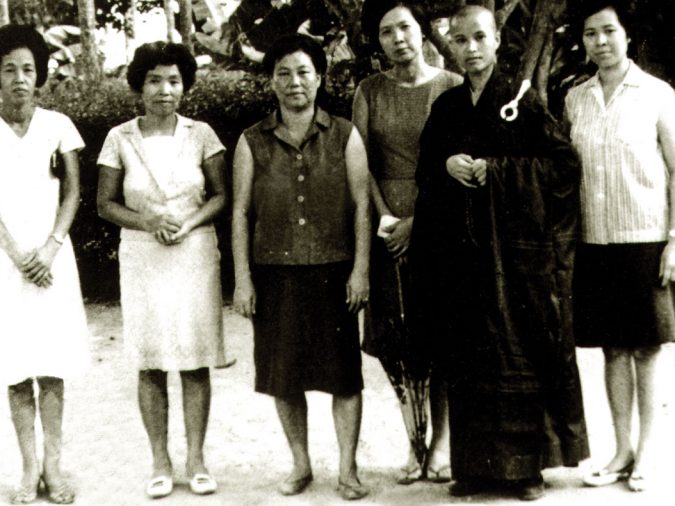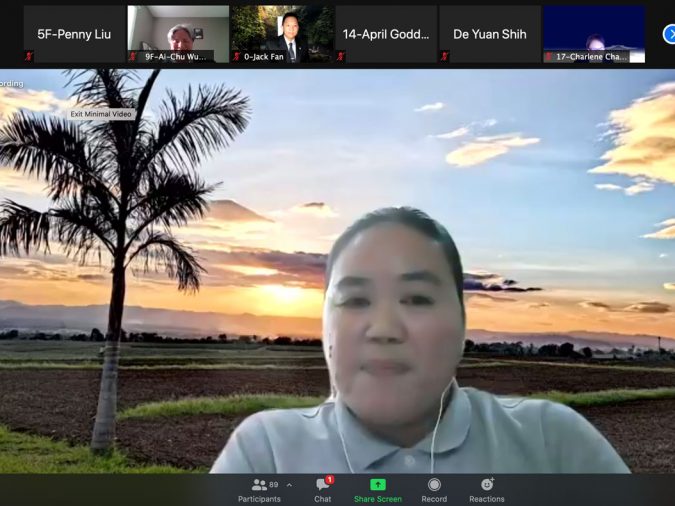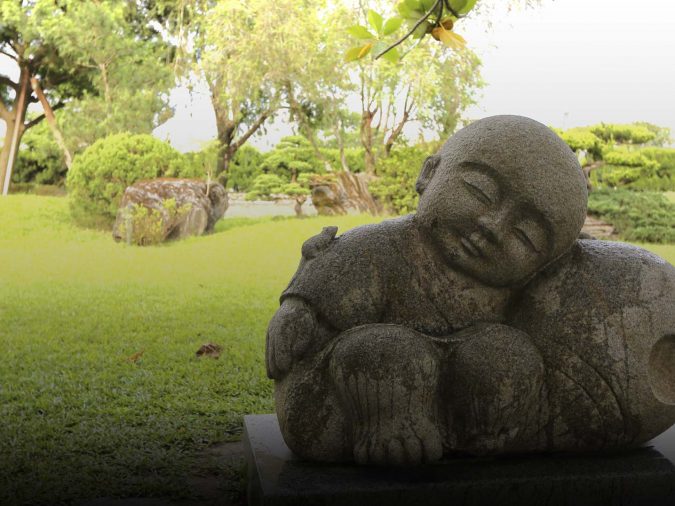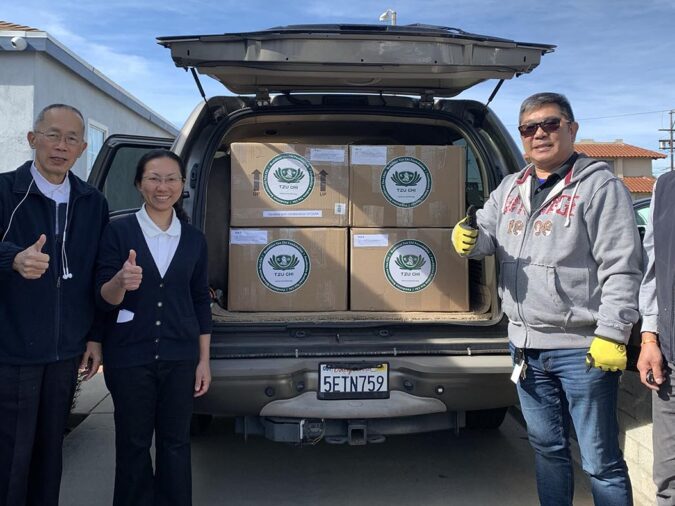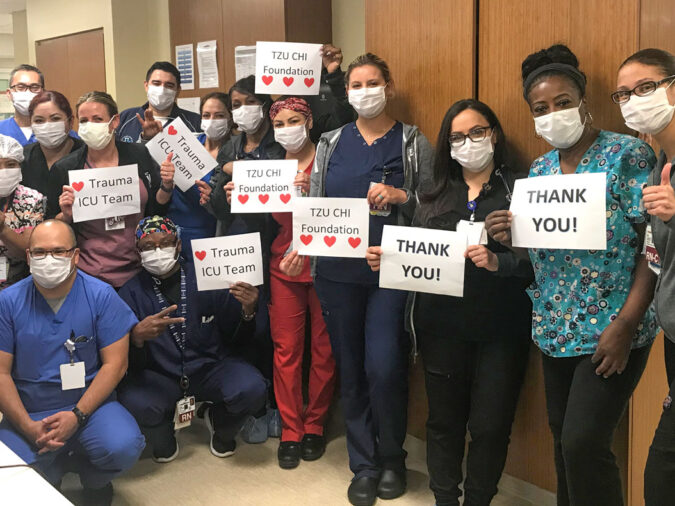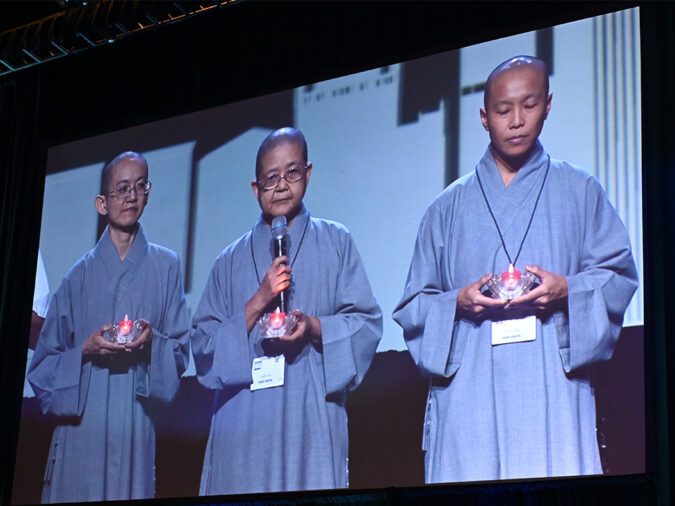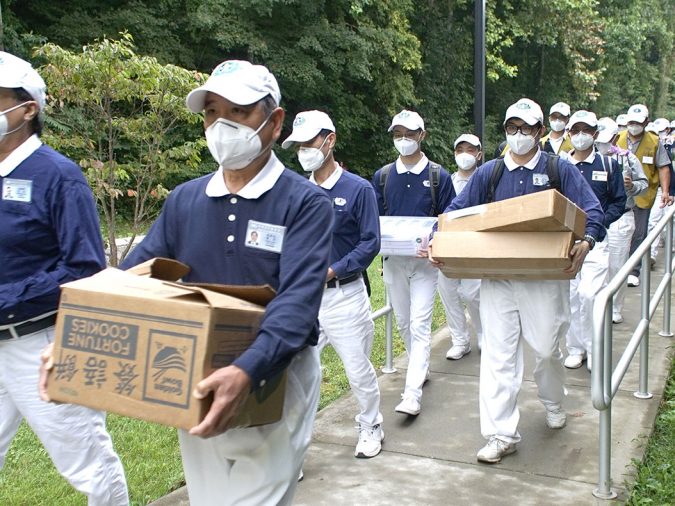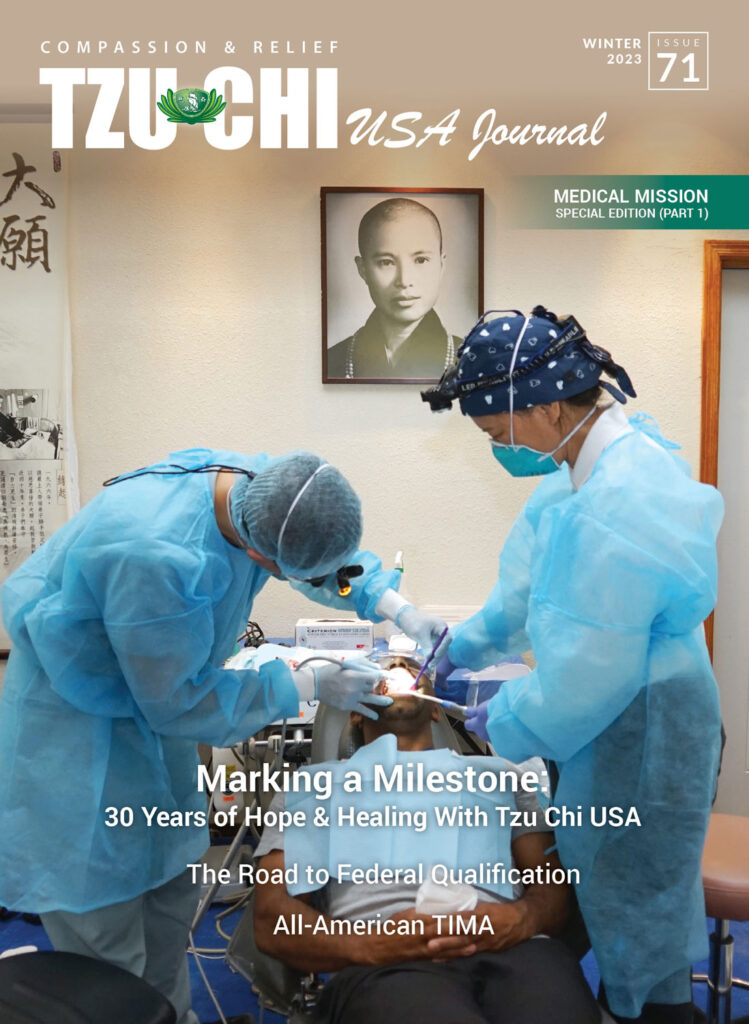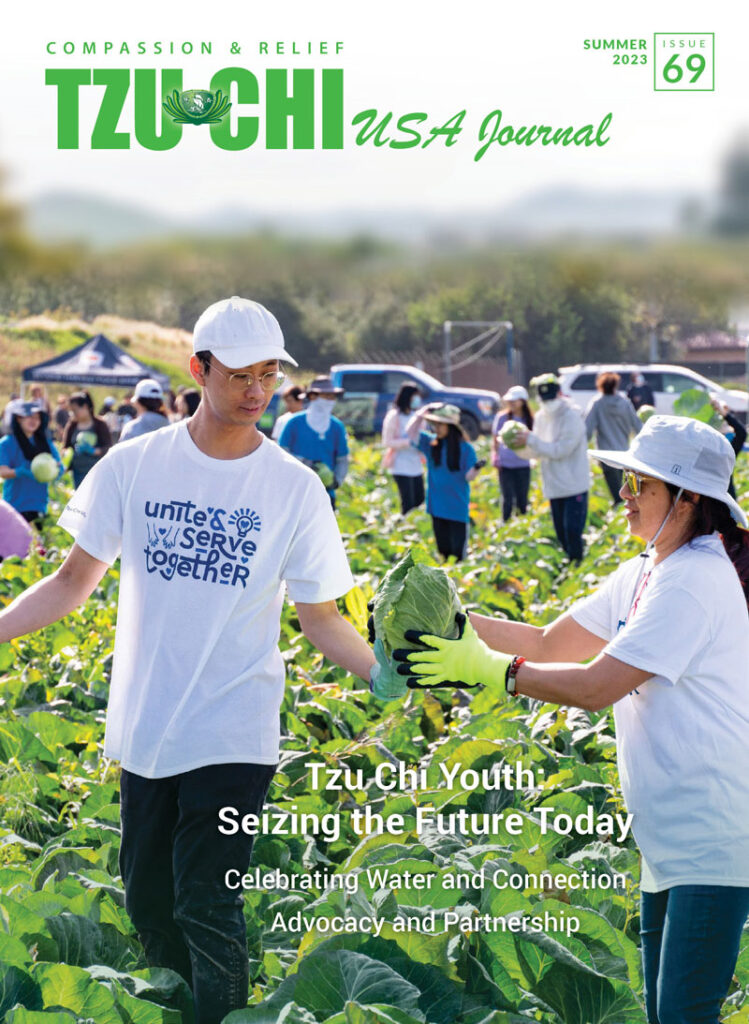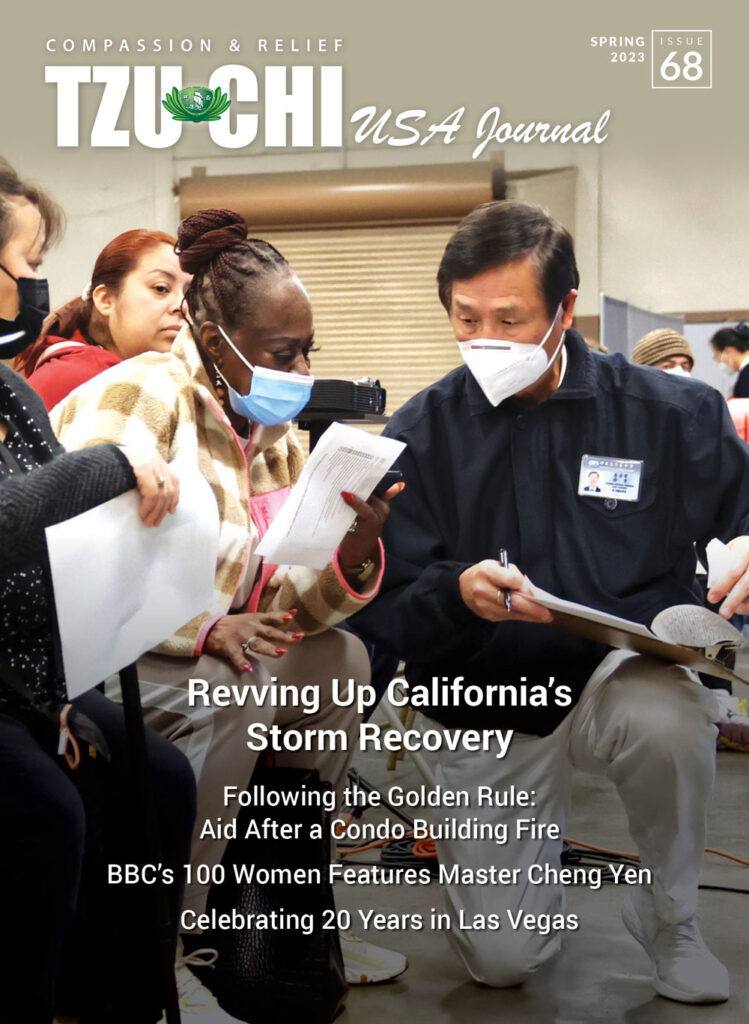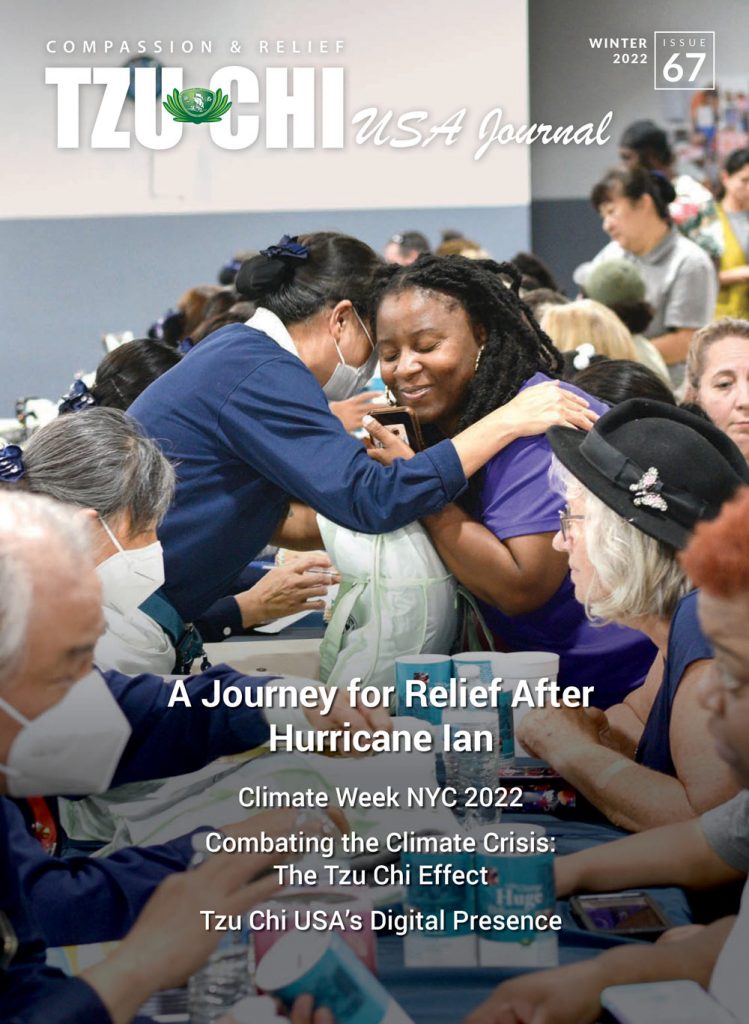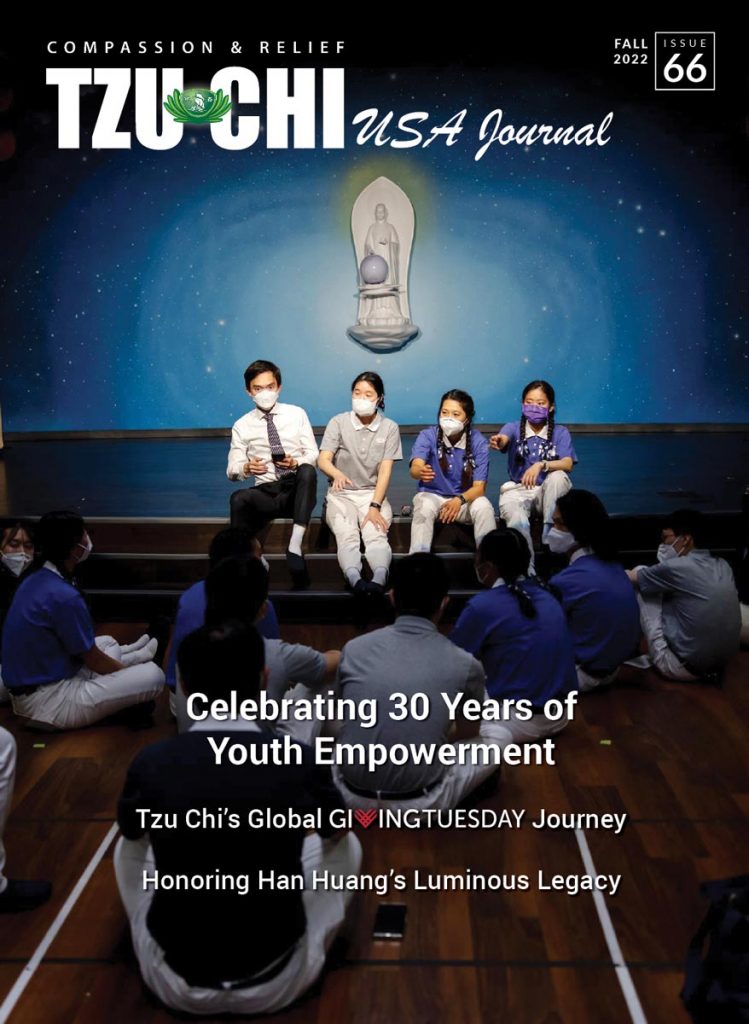SHARE
Hear me out: deciding to change one’s lifestyle is easy. Making it last is a whole other ball game. As part of the Very Veggie Movement, we’ve decided to ask vegetarians and vegans (both former and current) for their raw, honest feedback on their dietary journeys. What’s helped them stay the course? What factors have made their experience problematic? How can they be avoided or overcome? But, really: what pearls of wisdom do new or continuing vegetarians and vegans need for the best chance at success? Read on to find out.
First things first. Survey respondents identified as…
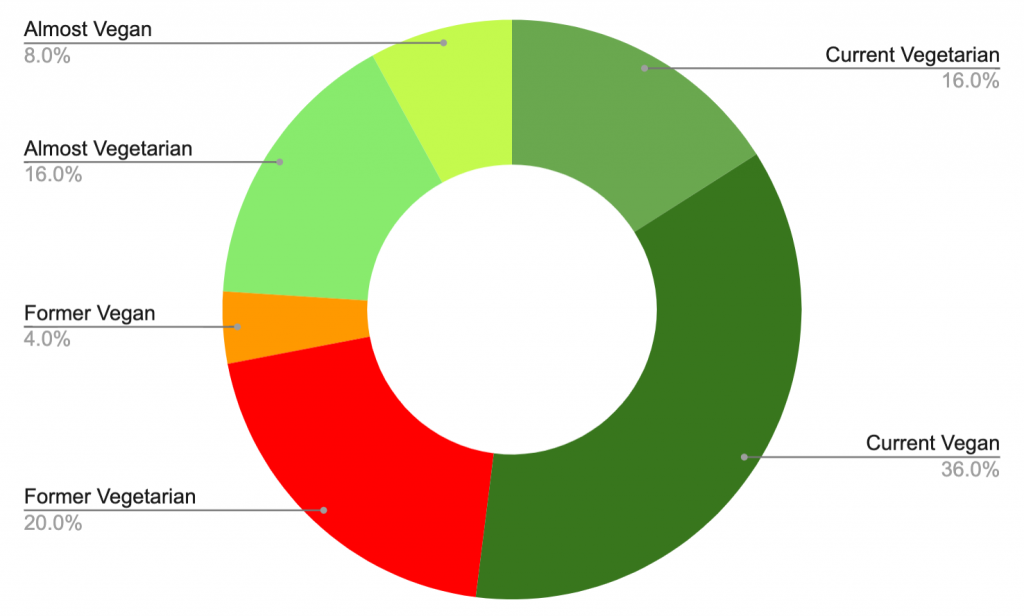
Many of them had also been long-time vegetarians or vegans (including cumulative time for those who’d lapsed)…
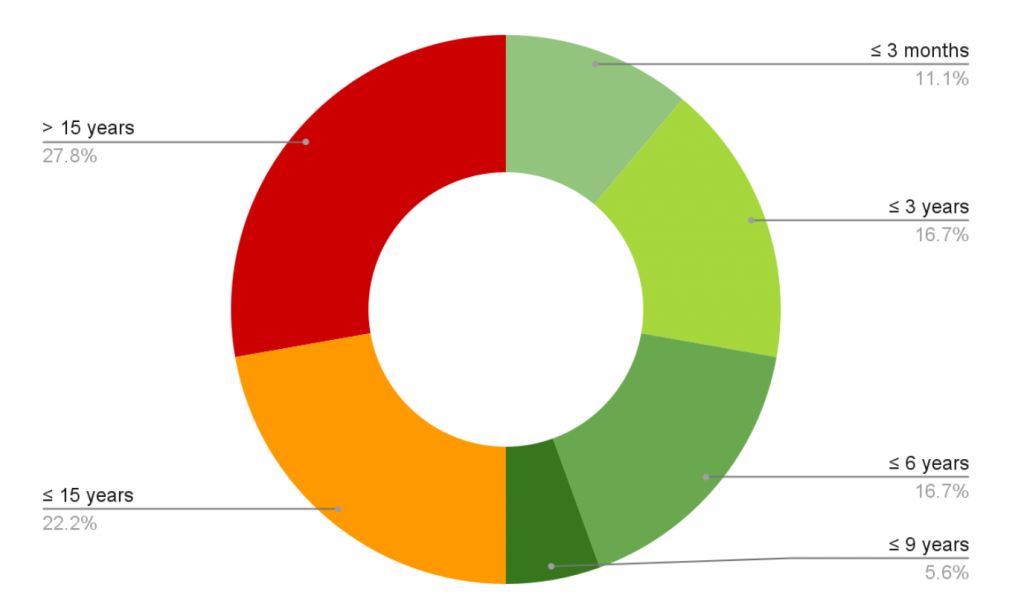
Then, they told us what their biggest motivations for going vegetarian and vegan were – and still are.
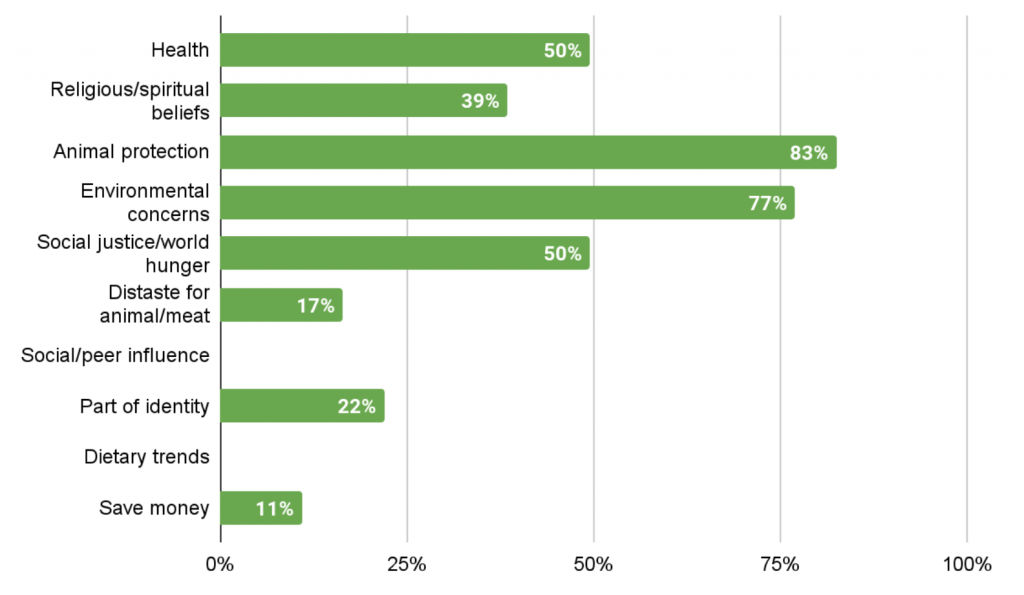
When it came to getting social, the greatest number of respondents told us that having peer support – be it through a vegetarian/vegan group or association, or friends and family – has power.
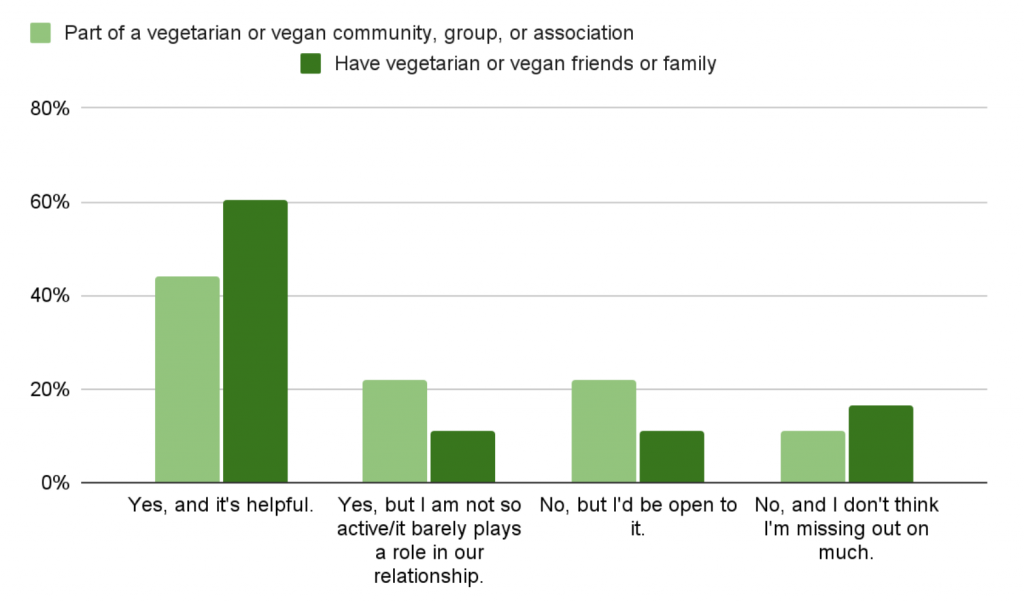
Respondents also told us when they felt their diet made them ‘stick out’ among their peers, and how they navigated.
There are some friend groups where most people are omnivores, but I rarely get judged for being vegan and making it clear. Most people are interested in discussing the issue of the meat industry and are aware that it is very problematic and sometimes want to make changes to their own diet.
Mareile from Berlin, GE
One time I went to visit my cousin and her husband. I had offered to fix the meal. She insisted on making spaghetti with and without meat. I was doing OK, then the conversation with the other guests turned to eating animals and who had tried what. I left the table, cried, and came back. They apologized. I said they didn't need to… [but then,] the last time I went to see them, we went out to a vegetarian place and most of the food on the table was vegan. We all had a great time.
Rebecca from Lockhart, TX
Aside from clear labeling on menus, respondents mostly agreed that this would make their experience dining out easier:
More vegan options in the restaurants, plus cheaper and healthier plant-based alternatives for meat - especially for barbecuing.
Fulda from Berlin, GE
At the same time, the COVID-19 pandemic has forced many of us to stay at home more than ever before, and, in many instances, with omnivores. How do vegetarians and vegans find harmony at home?
I’ll try to cook vegetarian food for everyone if I can and [see] if they will eat it as the whole meal. If not, then share at least some of the meal. [I still] eat at the same table as meat eaters. I also wear rubber gloves when I deal with meaty dishes and rinse them well before putting them in the dishwasher.
Rachael from Arlington, VA
For roommate situations: I stay out of the kitchen when they're cooking. I also subdivide the fridge so each has their own private space. As for sharing pots and pans, utensils - no problem.
Eva from Austin, TX
The people I live with all eat meat and consume dairy products. I have learned that you need to pick your battles and save your energy for those with open minds and hearts. I have started to go out of my way to make my housemates vegan meals and baked goods. They always say how delicious everything is and are surprised that it is vegan. This is my little way of showing them that a vegan lifestyle is not that difficult without forcing anything on them. At first, they would laugh at me for being so ‘strange,’ but now I feel like they are slowly opening up to new ideas, and that is a win for me!
Elizabeth from New York, NY
By far, the top 9 kitchen staples included…
1. plant-based milks
2. tofu
3. nuts + nut butters
4. beans
5. nutritional yeast
6. miso
7. tempeh & seitan
8. vegetarian ‘meat’
9. sweet potatoes
Vegetarians and vegans also infamously lack vitamin B-12 (commonly found in meat). How do some approach this potential pitfall?
Every day, I supplement with a B-complex vitamin and also eat fermented foods that contain B-12.
Ming from Irvine, CA
I get my levels checked every 1-2 years. I take a vitamin supplement of B-12 and I also add nutritional yeast to almost everything I cook. This should not be a huge concern to those thinking about becoming a vegetarian or vegan.
Elizabeth from New York, NY
According to the Humane Research Council, 84% of people in the U.S. abandon their vegetarian/vegan diet within the first year. Respondents told us how many times they’d lapsed personally:
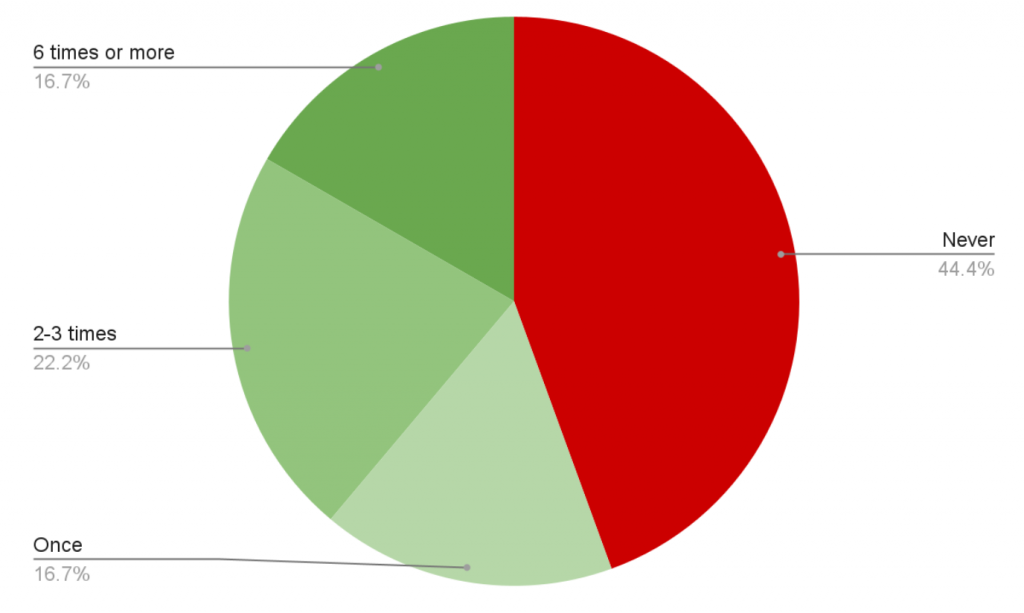
Why had a majority left their diet at least once? Top three reasons included:
1. Lack of support from others
2. Dietary choice felt like a burden to others
3. Lack of satisfying options available
Thinking about all this, we asked respondents what they wish they knew when they first started their journey, what they’ve loved most about it all, and what you can look forward to, too:
Being vegan is a lot easier and cheaper than the world makes it out to be. I feel less guilty about my food choices now that I know with every choice, every bite, I am making a difference. Knowing, too, that I am lowering my carbon footprint and possibly saving thousands of animals by my simple choices is a very powerful and positive thing!
Elizabeth from New York, NY
There are a lot of amazing people out there following the same kind of path! Plus, it's so nice when someone tells you they are going vegetarian/vegan because you inspire them.
Juliette from Berlin, GE
The environmental, social justice, and health benefits of this dietary choice. Wow. My vegetarian/vegan journey started years ago purely out of love for animals, and now I'm aware of the far-reaching impact of this choice. It's so beautiful and good.
Eva from Austin, TX
Note to design team: A text box here, similar to the ones we added in the recipes!
Learn more about how to transition to a vegetarian or vegan diet, including helpful tips and recipes, at veryveggiemovement.org






